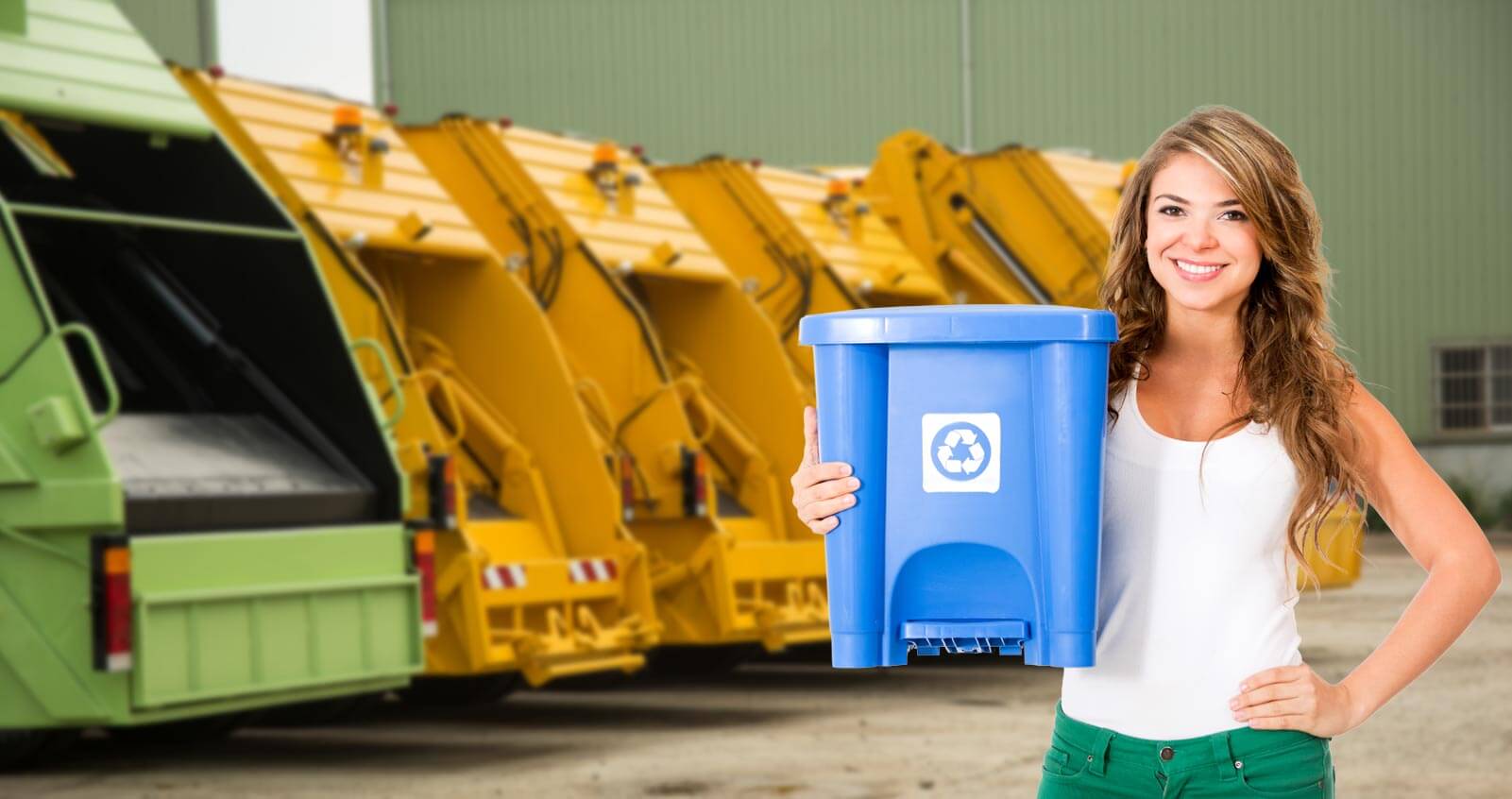Plastic-Free Packaging Approaches
Posted on 19/05/2025
Plastic-Free Packaging Approaches
In recent years, there's been a growing concern about the environmental impact of plastic packaging. From polluting oceans to piling up in landfills, plastic waste has become a global crisis. The urgency to find plastic-free packaging solutions has never been more pressing. This article delves into various plastic-free packaging approaches that industries and individuals can adopt to mitigate this critical issue.
Why Plastic-Free Packaging is Crucial
Plastic packaging has long been favored for its durability, lightweight nature, and low cost. However, its negative environmental impact is significant. Plastic takes hundreds of years to decompose, and in the process, it breaks down into microplastics, contaminating ecosystems and potentially infiltrating the food chain.
The production of plastic also contributes to carbon emissions and relies heavily on fossil fuels. For these reasons, finding viable alternatives to plastic packaging is essential for sustainability and environmental health.

Plant-Based Materials
One promising area in the quest for plastic-free packaging is the use of plant-based materials. These include:
- Bioplastics: Made from renewable resources like corn starch, potato starch, and cellulose, bioplastics are designed to be biodegradable or compostable.
- Mushroom Packaging: Innovation in fungi has led to mushroom-based packaging materials that are biodegradable, durable, and compostable.
- Sugarcane Fiber: Bagasse, a byproduct of sugarcane processing, can be used to create packaging that is both biodegradable and compostable.
These plant-based materials not only offer a plastic-free solution but also utilize agricultural waste, thereby reducing overall resource consumption.
Recycled Paper and Cardboard
Paper and cardboard have been traditional packaging materials for centuries and are making a strong comeback as alternatives to plastic. The key benefits include:
- Biodegradability: Paper and cardboard break down much faster than plastic, posing less risk to the environment.
- Recyclability: Paper and cardboard are highly recyclable, supporting a circular economy.
- Versatility: They can be molded and engineered into various forms to suit different packaging needs.
Innovations in waterproof and grease-resistant coatings further expand the functionalities of paper and cardboard, making them more competitive against plastic.
Edible Packaging
Edible packaging is an exciting advancement in the field of plastic-free packaging. Made from natural ingredients like seaweed, rice paper, and even milk proteins, these materials are safe to consume. The primary applications include:
- Food Wrapping: Edible films and coatings can be used to wrap food products, eliminating waste entirely.
- Single-Use Items: Straws, cutlery, and plates that can be consumed after use offer a zero-waste alternative to single-use plastics.
While currently more expensive than conventional options, increased demand and technological advancements are likely to reduce costs over time.
Returnable and Reusable Packaging Systems
Another effective strategy is the implementation of returnable and reusable packaging systems. These systems focus on reducing the overall need for single-use packaging. Examples include:
- Glass Bottles: Many beverage companies are returning to glass bottles that can be washed, sterilized, and reused multiple times.
- Metal Containers: Stainless steel and aluminum containers are durable and can be reused extensively, making them ideal for both food and non-food items.
- Reusable Bags and Boxes: Retailers are increasingly encouraging the use of reusable bags and boxes for groceries and other consumer goods.
While such systems often require an initial investment in infrastructure, the long-term benefits include reduced material costs and waste.
Innovations in Natural Fibers
Natural fibers like hemp, jute, and cotton offer sustainable alternatives to plastic packaging. Their advantages are manifold:
- Environmental Friendliness: Natural fibers are biodegradable and compostable, posing minimal risk to the environment.
- Strength and Durability: These materials are often robust, providing adequate protection for a variety of products.
- Renewability: Unlike fossil fuels, natural fibers are renewable resources that can be cultivated repeatedly.
Innovations in the processing and treatment of natural fibers are expanding their applications, making them viable for more complex packaging needs.
The Role of Legislation and Consumer Behavior
Legislation plays a critical role in driving the adoption of plastic-free packaging. Many governments are implementing bans on single-use plastics and offering incentives for sustainable packaging initiatives. For example, countries like France and India have introduced regulations to minimize plastic waste.
Consumer behavior is equally important. Increased awareness and demand for sustainable products encourage companies to adopt plastic-free packaging. Grassroots movements, social media campaigns, and community initiatives also contribute to shaping a more eco-conscious society.

Challenges and Future Directions
Despite numerous advancements, challenges remain. Cost is a significant barrier, as plastic alternatives can be more expensive to produce. Scaling up production and improving supply chains are essential for making these solutions more accessible and affordable.
Moreover, technological innovation needs continuous investment. Research into new materials, recycling techniques, and packaging designs will be crucial for future progress. Collaboration among stakeholders, including governments, businesses, and consumers, will also play a pivotal role in achieving a plastic-free future.
Conclusion
Plastic-free packaging approaches are not just a trend but a necessity for environmental sustainability. Plant-based materials, recycled paper, edible packaging, reusable systems, and natural fibers offer promising alternatives to traditional plastic. Legislative measures and evolving consumer behaviors further reinforce the shift towards sustainable packaging solutions.
Though challenges persist, ongoing innovation and collective action can pave the way for a world free from plastic waste. By adopting these plastic-free packaging approaches, we can protect our planet and ensure a healthier future for generations to come.




